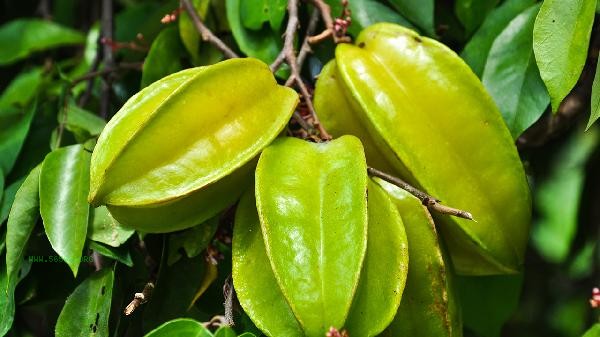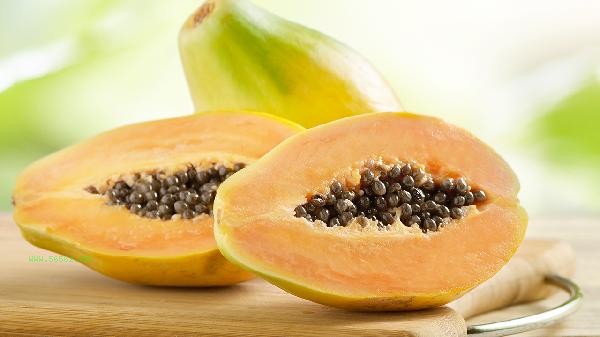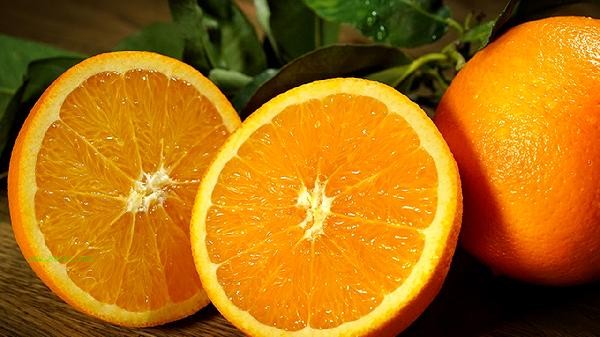Foods and fruits containing vitamin C mainly include citrus fruits, kiwifruit, strawberries, broccoli, green peppers, etc. Vitamin C is an essential nutrient for the human body, which helps to enhance immunity, promote collagen synthesis, and resist oxidation.

1. Citrus fruits
Citrus fruits such as oranges, pomelos, lemons, etc. are rich in vitamin C, with a higher content of vitamin C per 100 grams of fruit flesh. Citrus fruits also contain dietary fiber and various minerals, which help promote digestion and maintain electrolyte balance. Moderate consumption of citrus fruits can help supplement daily vitamin C needs, but excessive intake may cause gastrointestinal discomfort.
2. Kiwi
Kiwi is one of the fruits with extremely high vitamin C content, with a much higher vitamin C content per 100 grams of flesh than citrus fruits. Kiwi fruit also contains rich dietary fiber and antioxidants, which can help improve intestinal health and delay aging. Kiwi fruit has a sweet and sour taste and is suitable for direct consumption or making juice, but some people may be allergic to it and should be consumed with caution.
3. Strawberries
Strawberries are not only delicious, but also rich in vitamin C, with a high content of vitamin C per 100 grams of strawberries. Strawberries also contain anthocyanins and polyphenols, which have antioxidant and anti-inflammatory effects. Strawberries can be consumed directly or paired with yogurt and salads, but due to their skin being prone to pesticide residue, it is recommended to clean them before consumption.

4. Western Blue Flower
Western Blue Flower is one of the vegetables with high vitamin C content, with abundant vitamin C content per 100 grams of Western Blue Flower. Broccoli also contains sulfides and dietary fiber, which help detoxify and improve digestive function. Broccoli is suitable for steaming, stir frying, or cold mixing, as excessive cooking may lead to loss of vitamin C.
5. Green Pepper
Green peppers, especially red and yellow peppers, have a high content of vitamin C. The vitamin C content in every 100 grams of green pepper even exceeds that of some fruits. Green peppers also contain carotenoids and B vitamins, which help protect vision and maintain neurological health. Green peppers can be eaten raw or cooked, but prolonged heating at high temperatures can damage some of the vitamin C.

Vitamin C is a water-soluble vitamin that the human body cannot synthesize on its own and needs to be supplemented through daily diet. In addition to the above-mentioned foods and fruits, other foods such as guava, papaya, spinach, etc. also contain a certain amount of vitamin C. It is recommended to diversify your diet and avoid excessive intake of a single food. Vitamin C is easily damaged by heat and oxidation. When cooking, try to shorten the heating time and consume fresh ingredients as soon as possible. For special populations such as pregnant women, children, or those with weak digestive function, it is appropriate to increase the intake of foods with high vitamin C content, but attention should be paid to allergies or gastrointestinal discomfort reactions.



Comments (0)
Leave a Comment
No comments yet
Be the first to share your thoughts!